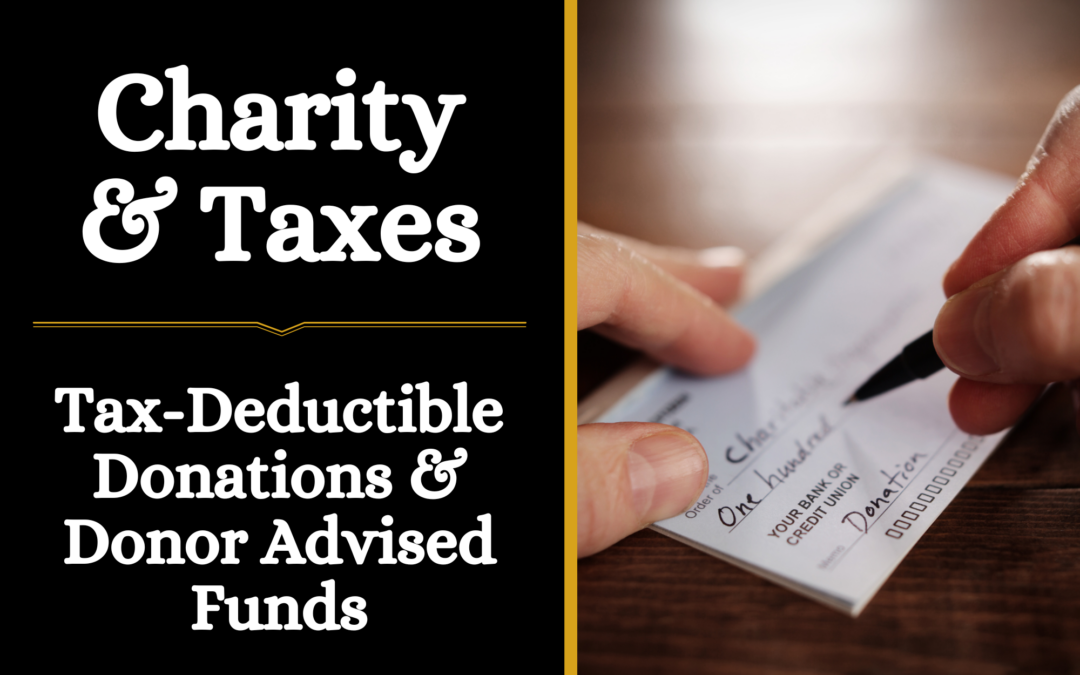
by Lawhorn Team Professional | Oct 25, 2024 | Advice, Financial Planning
Donating to charity is a noble and worthwhile thing to do. In addition to supporting causes and organizations you care about, donating to charity can benefit you come tax season. How do charitable donations impact taxes? In short, charitable donations can reduce your...

by Ashleigh Lawhorn | Oct 2, 2024 | Advice, Financial Planning, Tax
As the saying goes, “The early bird catches the worm,” but when it comes to year-end tax planning, can you start too early? The short answer is no. In fact, the earlier you begin, the more control you’ll have over your financial outcomes. By being...

by Lawhorn Team Professional | Aug 8, 2022 | Advice, Tax
This year, many Americans received a letter from the IRS, asking them to verify their identities online. Some letters warned recipients that fraudulent tax returns had been filed for them. The remedy? A complicated series of steps that includes...

by Lawhorn Team Professional | Jul 12, 2021 | Advice, Business Practices, Financial Planning, Miscellaneous, Tax
According to the Internal Revenue Service, more than 74 million tax returns were filed with the help of a tax professional in 2020. Having a tax accountant help you file your taxes is a great and stress-free way to make sure everything is filed correctly. Your tax...

by Lawhorn Team Professional | Jun 18, 2021 | Advice, Financial Planning, Tax
In March 2021, the American Rescue Plan Act expanded the Child Tax Credit (CTC), providing larger payments and a provision for advance payments on the CTC that will start in July. This tax return advance is intended to support families still struggling with financial...

by Lawhorn Team Professional | Jun 11, 2021 | Advice, Financial Planning, Tax
There’s a lot that we already know about President Biden’s American Families Plan (AFP). With an estimated budget of $1.8 trillion, this infrastructure proposal would raise the top income tax rate to 39.6 percent and...







